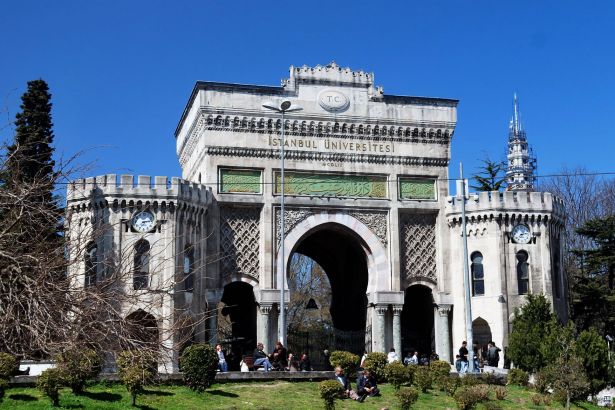Turkish universities have become institutions of higher learning where merit-based appointments have been replaced by the appointment of people based on family connections or proximity to Turkey’s ruling Justice and Development Party (AKP), according to Turkish media reports.
According to a report on the Diken news website, İstanbul University Rector Osman Bülent Zülfikar has appointed his brother, Professor Haluk Zülfikar, an academic at the same university, as his chief advisor.
President Recep Tayyip Erdoğan, who in a controversial move in October 2016 cancelled the intra-university elections that used to be held to elect university rectors, appointed rectors to 20 universities on Aug. 1. Among those rectors were pro-government figures such as Rector Zülfikar who was appointed to İstanbul University and is currently establishing his own team, with his brother getting the top position.
According to a report in the Cumhuriyet daily, another example of favoritism can be found at the İzmir-based Dokuz Eylül University, whose rector is former AKP lawmaker Professor Nükhet Hotar.
Gülmira Kuruoğlu, director of the foreign languages department at the university who specializes in Russian language and literature, reportedly fired one instructor in the department, Nadine Freda Kemp, while the woman was undergoing cancer treatment and had only a month and a half before retirement. Kemp took her dismissal to court.
Another instructor in the department, Nigel Paul Ashley, went into retirement earlier, claiming that he was no longer able to withstand mobbing from management.
The director subsequently recruited her sister, E.S., as an instructor although the woman reportedly lacks the qualifications to teach in the English language department.
Ashley told Cumhuriyet that he thinks the reason he and Kemp had to part ways with the university although they are native speakers of English is that the director wanted to hire her sister, who is not a native English speaker and specializes in the Russian language.
Many say the lack of merit-based appointments at Turkish universities is one of the main reasons many academics are leaving the country and continuing their work abroad.
According to a report titled “Turkish Academic Diaspora Report: From brain drain to brain power,” published by the Turkish Informatics Foundation (TBV), academics with the highest level of productivity are leaving Turkey for overseas jobs, with 12,000 such academics working in other countries.
The Turkish government is frequently criticized for curtailing academic freedom, with many academics facing legal action, losing their jobs or even going to jail due to their criticism of government policies or for simply expressing their views about a problem in the country.
Following a coup attempt in 2016, the Turkish government dismissed some 130,000 people from public service, among them more than 30,000 teachers and over 7,000 academics.
